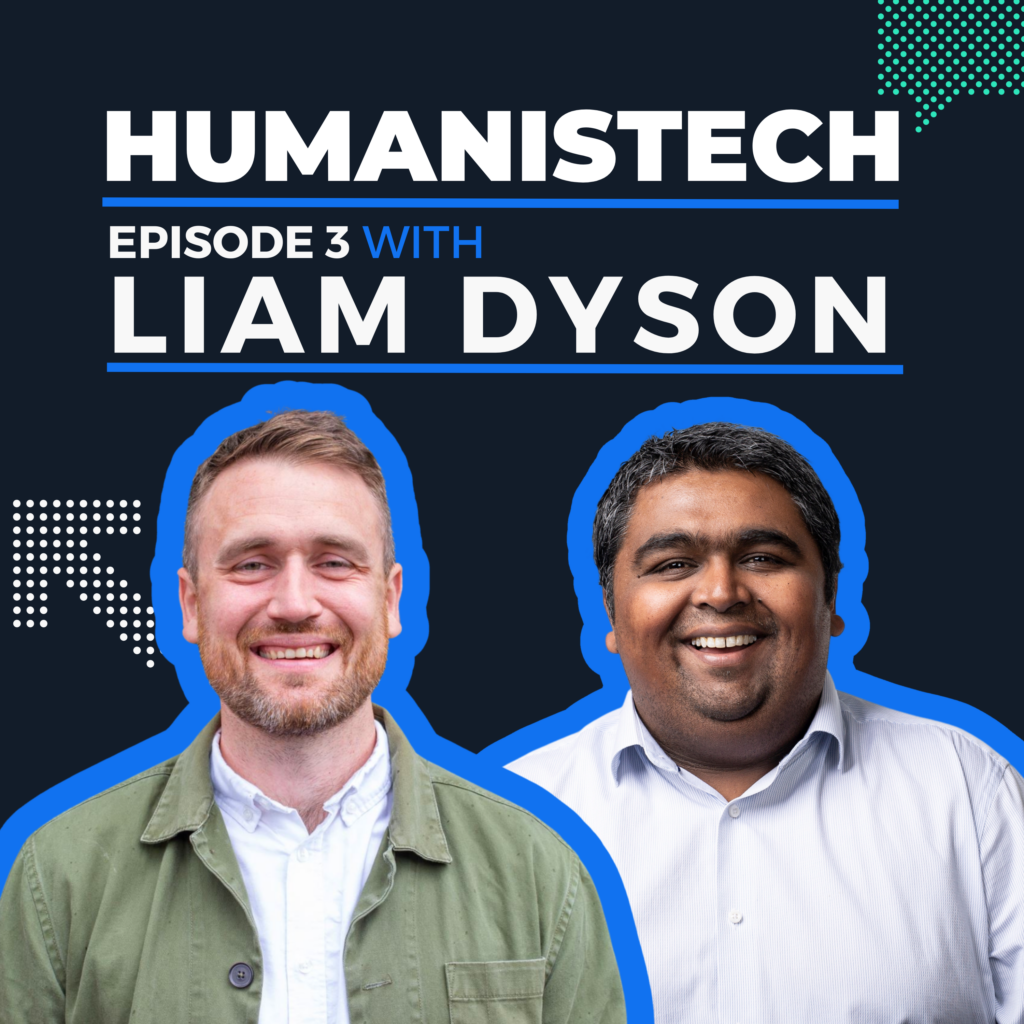The Latest Industry Updates
80% of Apps on Google Play Have Inaccurate Data Privacy Labels
An investigation carried out by Mozilla Foundation revealed that 80% of the apps on Google Play have misleading data privacy labels. As shared in the Foundation’s report‚ several popular apps like TikTok‚ Facebook‚ and Twitter are labelled as data safe while their privacy policies clearly state otherwise. Mozilla pointed out severe loopholes in Google’s Data Safety form and the self-reporting scheme in general.
Led by a privacy-focused research group at Mozilla Foundation‚ the study looks into 40 apps in total. Four out of five among these were found to have inaccurate data privacy ratings‚ and 40% of the apps should have earned a “Poor” rating‚ according to Mozilla. Had the apps been graded and labelled by them‚ only 15% would have received an “OK” grade.
Mozilla’s privacy team emphasised that the responsibility to ensure proper privacy labelling and disclosure lies not only with the vendors but also Google. There is a distinct need to protect vulnerable users‚ ensuring those with ill intent do not succeed with their dishonestly.
Two in five US adults now use health apps
The health industry evolved significantly through and since covid 19. There has been ever increasing healthcare services available via mobile apps and on people’s wearable tech.
Health tracking is now popular to manage existing health conditions whilst also maintaining fitness.
Two in five US adults are now using health apps‚ a rise of 6 percentage points since 2018. The share of Americans who said they use wearables is up to 35%‚ an 8 percent rise over the same period.
Wearables are trailing the app trend somewhat. Nearly one in four non-users said that cost of devices was the main reason for them not buying one.
However‚ 86% of wearable users believe the technology is very or somewhat effective at helping them reach their goals.
Monitoring exercise‚ sleep and weight are core motivations
Around a third of health app owners say they’re using the technology more than they have before. Ismene Grohmann‚ head of product for Abbott Laboratories’ new bio-wearables line Lingo‚ believes that’s a direct consequence of the heightened focus on our health during the pandemic.
Motivations differ but 75% of users said they use apps for fitness and exercise monitoring‚ while 48% keep track of their sleep and 46% monitor weight using apps.
Google’s Search Dominance
Google has been the market leader in online search for decades. Indeed‚ when an answer is sought the term ‘Google it’ something has become a commonly accepted. Alphabet is hard to beat‚ especially in the mobile segment.
According to data from Statcounter‚ Google had a leading market share of around 96 percent on smartphones in 2022. Yahoo! was used for 0.8 percent of all search queries‚ the Russian service Yandex came to one percent and the Chinese provider Baidu to around 1.1 percent.
The market situation in the desktop sector is somewhat different‚ however. Here‚ both Yahoo! and Yandex play a larger role. Another U.S. competitor‚ which is hardly represented when it comes to cell phone usage‚ can achieve a market share of around nine percent here: Microsoft’s search engine Bing.
Finance App Revenue and Usage Statistics
The financial sector has always accepted that it needed to embrace technology to drive innovation in the sector. This progress has been expedited in recent times as tech start ups have been very quick to exploit gaps in the tech‚ thoroughly disrupting the sector. It has been further exacerbated with the governments slackening regulations‚ allowing nanobanks etc into a previously untouchable market.
No stone has been left unturned‚ everything from banking to investment to insurance has been modernised by tech start-ups. They have utilised the power of the internet and mobile to improve speeds‚ reduce costs and improve customer service.
In 2009‚ fintech start-ups received $1.1 billion from venture capital investors. In 2020‚ the investment total reached $44.1 billion‚ according to Pitchbook.
One of the key benefits of these technologies is opening up banking to more people. Robinhood’s zero fees have opened the stock market to millions of Americans‚ NuBank is the first bank for millions of Latin Americans and in China hundreds of millions of people have swapped cash for mobile payments.
Along with the added accessibility‚ it has also given established operators a kick in the backside. In the UK‚ the ‘Big Four’ banks have all modernised operations‚ in some cases bringing their entire portfolio of financial services online. In the US‚ insurance and lending services have been forced to lower fees and accept requests at a faster rate‚ to keep up with newer platforms running on a far lower overhead.
Taxi App Revenue and Usage Statistics
In a wave of entrepreneurship in the early 2010s‚ in which every industry was to be transformed through the deployment of technology‚ Uber and Lyft were born.
The two companies are a product of the terrible taxicab ecosystem which existed in California before 2010. People could order cabs over the phone or on the internet‚ but operators would dispatch them based on their position in the queue‚ meaning someone could be waiting an hour for the cab to arrive from the other side of town. And if the cab saw a fare on the street‚ they were under no obligation to complete the booked ride.
In Uber’s case especially‚ the app was designed to make ordering a taxi far more reliable. Lyft retuned its service a bit later to compete against Uber‚ it was originally conceived as a long-distance carpooling service.
Uber‚ driven by its then CEO Travis Kalanick‚ quickly expanded to Europe and Asia. Funded by a collective of venture capitalists eager to see ride hailing become the next big technology sector‚ Uber gleefully spent billions every year to compete in almost every market.
In Europe‚ Uber has held a respectable lead in most countries‚ although it has had to fight regulators in France‚ Germany‚ Hungary and the UK. New operators‚ such as Free Now and Bolt‚ are challenging Uber’s supremacy in the region‚ while Cabify and Didi are competing heavily in the South American market.
It is expected Europe will be one of the key battlegrounds for Uber in the next five years‚ as Bolt‚ Free Now‚ Gett and Ola compete in the major cities. Uber has reportedly looked into acquiring Free Now‚ owned by BMW and Daimler‚ for north of $1 billion. It also recently acquired Careem‚ a ride hailing operator in the Middle East‚ for $3.1 billion.
UK Taxi App Market
Apart from the black cabs in London‚ the UK had a more prominent ride hailing market before the introduction of Uber. However‚ Uber has taken over most large cities in the UK‚ while London has become one of the most competitive markets in the world‚ with Bolt‚ Ola‚ Free Now and Uber all competing for market share.
Users have steadily risen in the US‚ with the majority of growth coming from the millions of people in cities switching from hailing a cab in the street to booking it through Uber or Lyft.

Stock Trading & Investing App Revenue and Usage Statistics
Like several other app industries‚ stock trading and investment saw a huge spike in usage during the coronavirus pandemic. Millions of people stuck at home were able to take advantage of new zero-commission mobile apps to trade shares‚ indexes and options.
Robinhood led the way with zero-commission in the US and has been the lead platform used by those investing in the meme stocks‚ like GameStop and AMC Entertainment. This pattern of investment was followed in other apps‚ which led to several platforms banning the trading of these stocks.
Larger investment platforms‚ such as Charles Schwab and E-Trade in the US‚ have both lowered commissions to better compete with Robinhood. Other features‚ like fractional shares and interest on balance‚ have also been added.
In the UK and Europe‚ several startups such as Trade Republic and Freetrade are attempting to become the European Robinhood‚ while older platforms like eToro and Plus 500 have lowered their fees to better compete.
Almost all of these zero-commission platforms use a process called payment-for-order-flow (PFOF) to generate income. The process bundles thousands of trades and directs them to a market maker‚ which will then compensate the stockbroker for it.
This process is controversial‚ as it was pioneered by Bernie Madoff‚ responsible for the largest Ponzi scheme in history. However‚ Robinhood and other operators have said the process allows zero-commission stock trading apps to exist.
In the UK‚ the process has been banned. Freetrade and other platforms generate most of their income through foreign exchange and premium subscription services. The European Union and US FTC are both looking into PFOF legality.
Key stock trading statistics
- Stock trading apps generated $22.8 billion revenue in 2021‚ Robinhood was the best performing zero commission platform
- Over 130 million people used stock trading apps in 2021‚ a 49% increase on 2020 figures
- Robinhood was valued at over $30 billion in 2021‚ but has seen its valuation decline to less than $10 billion in 2022
Our list of reference points:





